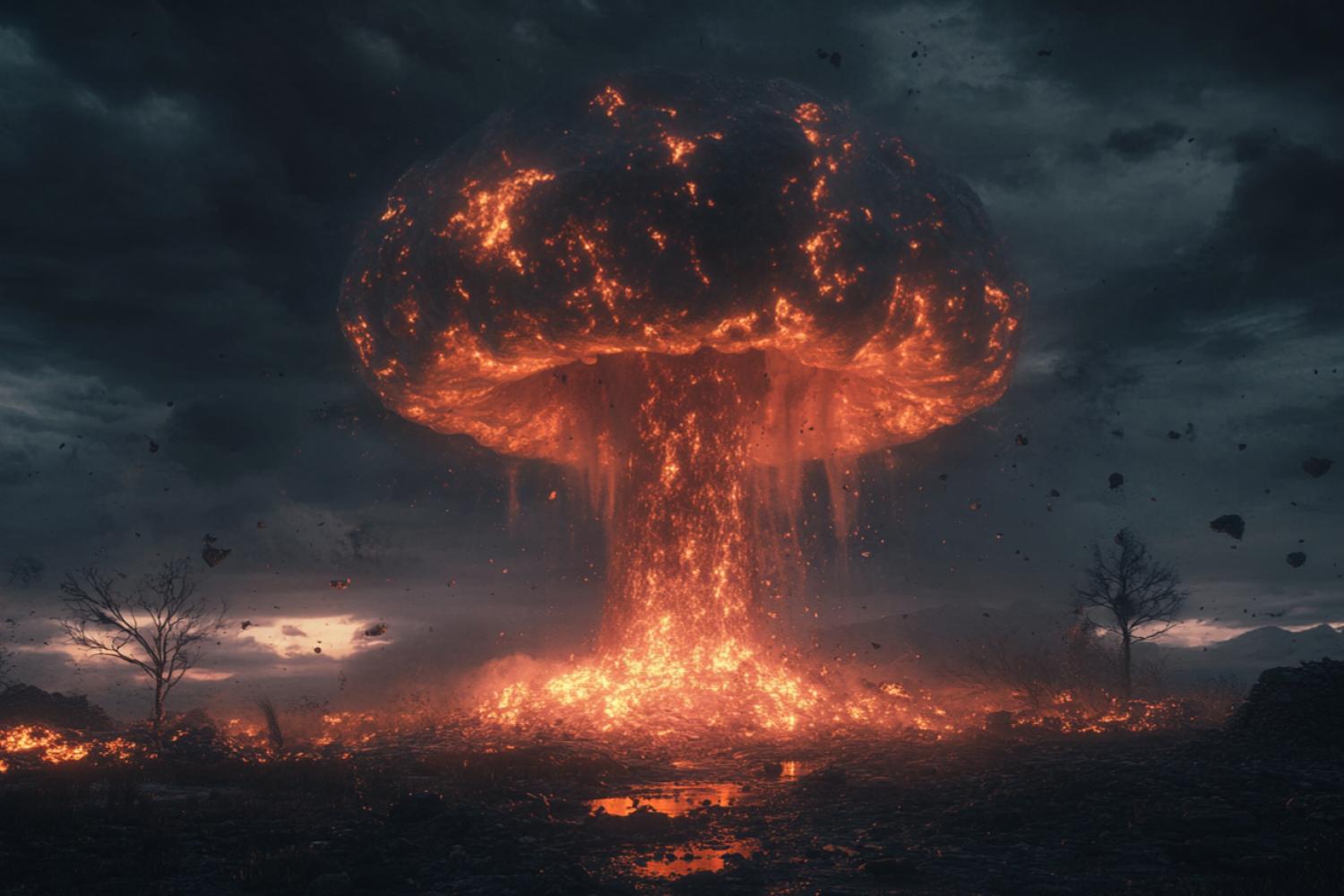Joe Biden and Xi Jinping, the American and Chinese Presidents, recently met at a summit in Lima where they notably reached a rare consensus: according to Reutersthey both affirmed their intention to reserve control of the nuclear arsenal to flesh-and-blood humans, and not to cede it to programs based on artificial intelligence.
According to the press agency, American Defense estimated at the end of last year that China had more than 500 nuclear warheads, and that this figure could triple by 2030. In numerical terms, it would therefore come considerably closer to the United States, which officially possesses 1770 warheads of this type. Obviously, this dynamic is closely monitored by Uncle Sam, who is already notoriously concerned by the rise in technological and economic power of his rival – particularly in the field of artificial intelligence.
Even if its destructive potential remains much lower than that of nuclear weapons, it is still a theme whose economic and strategic importance is increasing very rapidly at the moment. Some analysts have therefore begun to suggest that this technology could be used to build pre-emptive strike systems, capable of automatically trigger the nuclear obliteration of a potential threat without the slightest human intervention.
A rare and encouraging consensus
Fortunately, the international community seems vehemently opposed to this concept, for obvious reasons. No one wants to see a Skynet-type scenario emerge, the fictional AI that initiated a real nuclear holocaust in the Terminator franchise. But China had never really clarified its position on this subject. It was content to unilaterally reaffirm that like the other great powers, its policy was based exclusively on deterrence.
For several months, Washington has been trying to sit around the table with the Chinese general staff to obtain certain guarantees – without result until now. That changed, however, at this meeting in Peru. For the first time, the leaders of the two superpowers jointly affirmed their desire to completely exclude AI from this decision-making process.
« Both leaders affirmed the need to maintain human control over decisions whether to use nuclear weapons “, indicated the White House in a press release cited by Reuters. « They also highlighted the need to carefully consider potential risks and develop AI-based technologies carefully and responsibly in the military domain. »
Representatives of the two governments did not specify whether this common position would lead to further negotiations. But it is still a very encouraging consensus which could well open the way to a duly processed, in order to formally prohibit the use of AI in this context.
However, it should be remembered that this was probably the last meeting between Xi Jinping and Joe Biden, who will soon hand over the Oval Office to Donald Trump, freshly elected for a second term.
We can therefore legitimately wonder what direction these discussions will take. Knowing that the Republican has often distinguished himself by his provocative, even downright hostile, attitude towards China, it is entirely possible that the subject will not return to the table for a certain time…
🟣 To not miss any news on the WorldOfSoftware, , .


/cdn.vox-cdn.com/uploads/chorus_asset/file/25718395/247372_MacBook_Pro_M4_ADiBenedetto_0034.jpg)


/cdn.vox-cdn.com/uploads/chorus_asset/file/24924650/236780_Google_AntiTrust_Trial_Custom_Art_CVirginia__0000_4.png)





